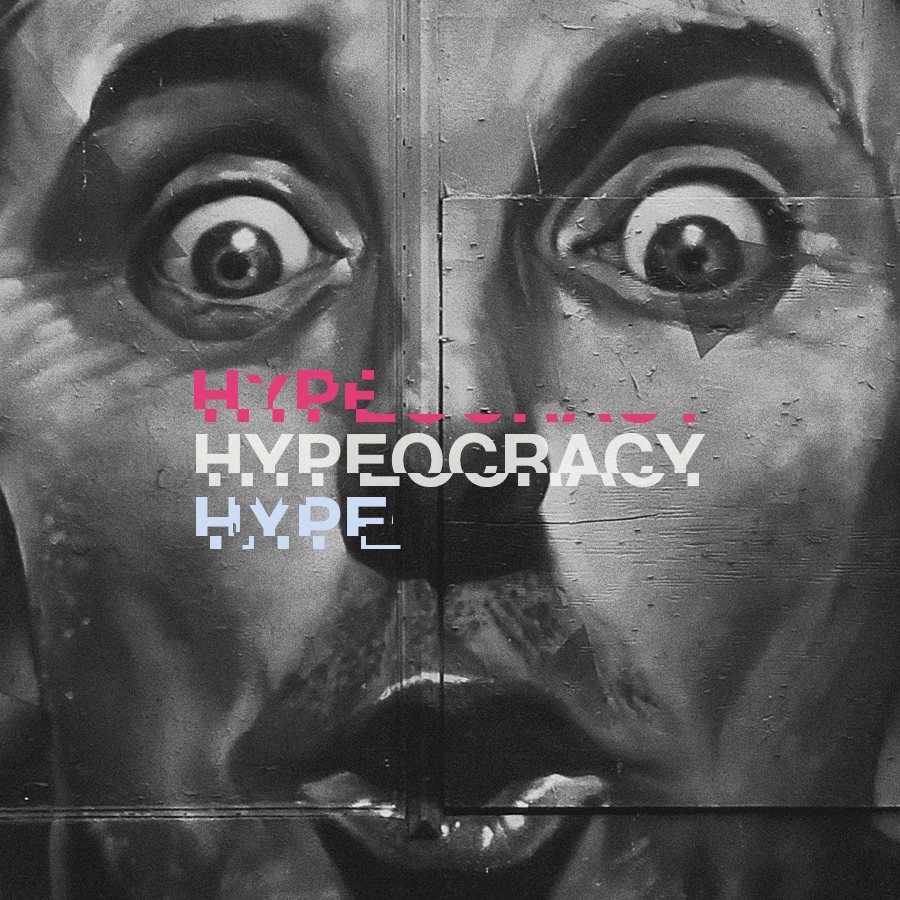Justice
When Twitter first came on the scene, it felt like we had gained a superpower; plugging into the real time web felt like an embryonic form of ESP. Now it feels more like jury duty; except that juries are supposed to be impartial and there's nothing impartial or even rational about most of what's happening on Twitter these days. We're tumbling thumbs first into an Alice in Wonderland world of truth and justice:
"Sentence first, verdict afterwards." said the Queen.
We no longer seem very interested in maintaining many of the norms that stabilized society in the past. Some of those traditions are obsolete and deserve the boot. But free speech, due process, civil discourse? How did the pillars of democracy suddenly become swear words?
Our governments and newspapers, schools and banks, courtrooms and communities are all byproducts of a radically different technological era—one that's quickly disappearing. But the institutional collapse we've been watching unfold over the past twenty years is just a symptom of a much deeper shift: The internet is transforming how we think and feel. What it means to be human is changing.
The technologies that were supporting those old institutions were also holding up mental habits and psychological postures—ways of thinking and relating to each other that we just took for granted. Our traditional notions of individualism, privacy, and justice were never universal, timeless truths. Like our courtrooms, schools, and newspapers, they emerged out of a left-brain, printing press culture and all the demands of literacy that came with it. Now that those technologies are becoming obsolete, so are the values and ways of thinking they supported. The psychological scaffolding of the previous era is beginning to collapse and we're about to learn the hard way that many of those old mental habits were as essential to maintaining democracy as elections or parliaments.
We like to think that we’re more evolved than our ancestors. That stripped of all our technological comforts we would be still be smarter and more civilized. But it’s worth remembering that we’re only three hundred years removed from tying people to chairs and throwing them into lakes to see if they were witches. Three. Hundred. Years. That’s just six fifty-year-old lives lined up in a row.

